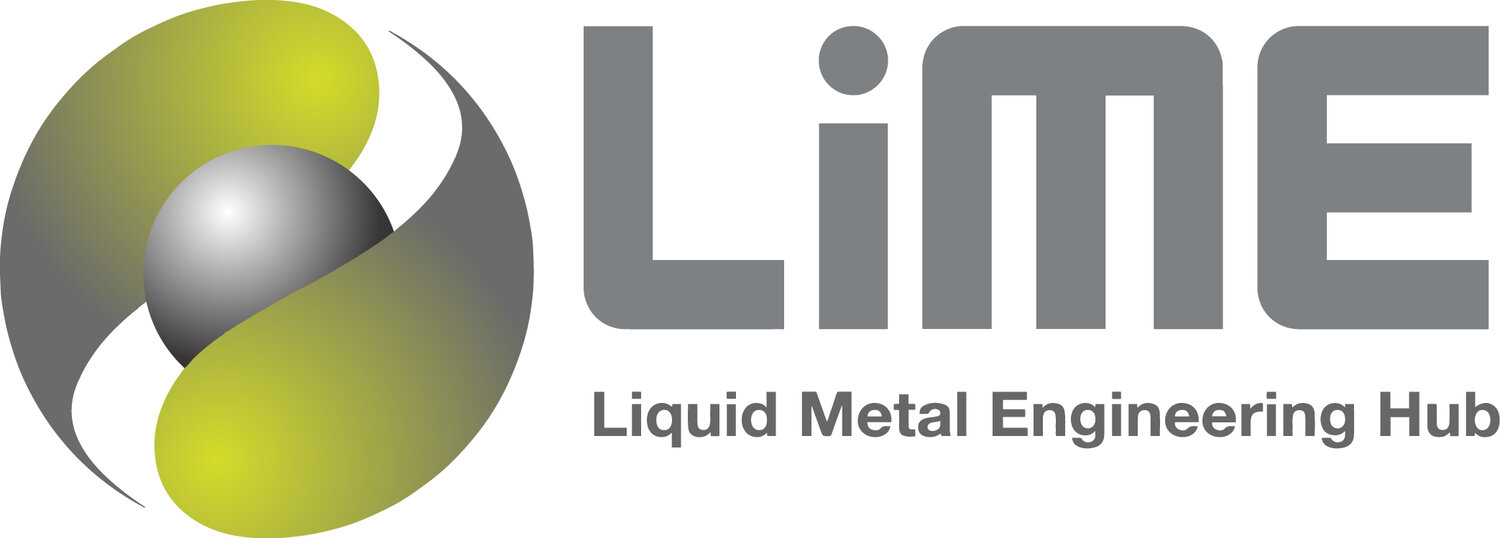Accelerated discovery of light alloys for Circular Economy
Light metals are the backbone of the modern and future zero-emission manufacturing and circular economy. However, one of the adverse consequences of excessive use of metallic materials is that there are currently thousands of grades of metallic materials in commercial use. Many of them differ only slightly in composition, processing conditions or origin of production, offering essentially the same performance. Unnecessary alloying elements and excessively tight alloy specifications increase production costs, reduce resource productivities, cause more environmental damage, and make the end-of-life products difficult (if not impossible) to recycle. This is not compatible with Circular Economy principles. Recycling can be improved significantly with materials rationalised and products engineered from the start for this purpose. For instance, the current over 400 grades of Al-alloys (IAA) can be reduced to 10-15 without compromising engineering applications. This project aims to apply most advanced methods of accelerated discovery (machine learning, artificial intelligence, optimisation) to the rationalisation of aluminium alloys to facilitate full metal circulation. The project contributes to slowing the resource loop by design for standardisation and compatibility. The specific research activities may include: (1) development of the techniques and algorithms for discovery of new optimised alloy compositions for simplification of alloy systems; (2) application of the developed approaches to standardisation of alloy compositions by using commonly available alloying elements and avoiding the recyclability-limiting elements; (3) validation of the developed approaches through specially designed experiments based on alloy compositions, thermomechanical history, levels of performance and fields of application. The funded studentship is £88,918 for up to 4 years duration. Studentship starts from the 1st of October 2021. The project will be aligned with the newly established Circular Metals Hub hosted by Brunel Centre for Advanced Solidification Technology (BCAST) at Brunel University London. You will be interacting daily with researchers and academics in BCAST, Brunel University London and in partner academic and industrials organisations. In this close collaboration lies the foundation for your promising career path.
Enquiries should be directed to Professor Dmitry Eskin at dmitry.eskin@brunel.ac.uk.
For non-UK nationals a proof of English proficiency (IELTS 6.5 and more) or the eligible proof of undergraduate education received in English is required. You should have or expect to receive by the beginning of this PhD study a first degree (BSc) at 2:1 or above in a suitable engineering and science discipline, e.g. materials science, mechanical engineering, physics or applied mathematics. A MSc level qualification is desirable. A strong background in materials science and applied mathematics is desirable as the project includes mathematical modelling and optimisation.
Please email the following to dmitry.eskin@brunel.ac.uk and cedps-pgr-office@brunel.ac.uk by the 30th of June 2021:
• Your up-to-date CV.
• Your single A4 statement on why would you like to do this project and why do you believe you qualify to do so.
• Copies of your degree(s) certificates(s) and transcripts. • Evidence of your English proficiency (if applicable).
• Names and contact info of three academic referees
Meet the Supervisor: Prof Dmitry Eskin
Professor Dmitry Eskin (1963) joined Brunel University and BCAST in January 2011. He received his Engineering and PhD degrees in Russia and worked in Russian Academy of Sciences (1988–1999). Since 1999, he was a Fellow in Materials innovation institute and since 2008 also an Associate Professor in Delft University of Technology (The Netherlands). He also holds positions of Guest Professor at Tomsk State University (Russia), Editor of Journal of Alloys and Compounds, Subject Editor of JOM, Editorial Board member of Ultrasonics Sonochemistry, and Series Editor at CRC Press. Prof. Eskin is a well-known specialist in physical metallurgy and solidification processing of light alloys, author and co-author of more than 300 scientific papers, 5 patents and 7 monographs. Current interests include fundamentals of continuous casting, effects of external fields (incl. ultrasound) on solidification, and composite materials. Prof. Eskin is a recipient of Warren Peterson Cast Shop Technology for Aluminum Production Award (2011, 2013), Aluminum Technology Award (2013) from TMS (USA) and Medeleev Medal (2018) from Tomsk State University (Russia).
Recent projects:
Physical processing of molten light alloys under the influence of external Fields (Exomet, FP7)
Development of a degassing system for aluminium casting processing based on ultrasound (Ultragassing, FP7)
Degassing machine for aluminium casting process based on ultrasound (Doshormat, FP7)
Fundamental study of cavitation melt processing: opening the way to treating large volumes (UltraMelt, EPSRC)
Development of efficient and scalable ultrasound-assisted solidification technologies for manufacturing advanced metallic alloys (Ultra-Cast, EPSRC)
Upscaling environment-friendly cavitation melt treatment (UltraMelt2, EPSRC)
Sustainable and industrially scalable ultrasonic liquid phase exfoliation technologies for manufacturing 2D advanced functional materials (EcoUltra2D)
